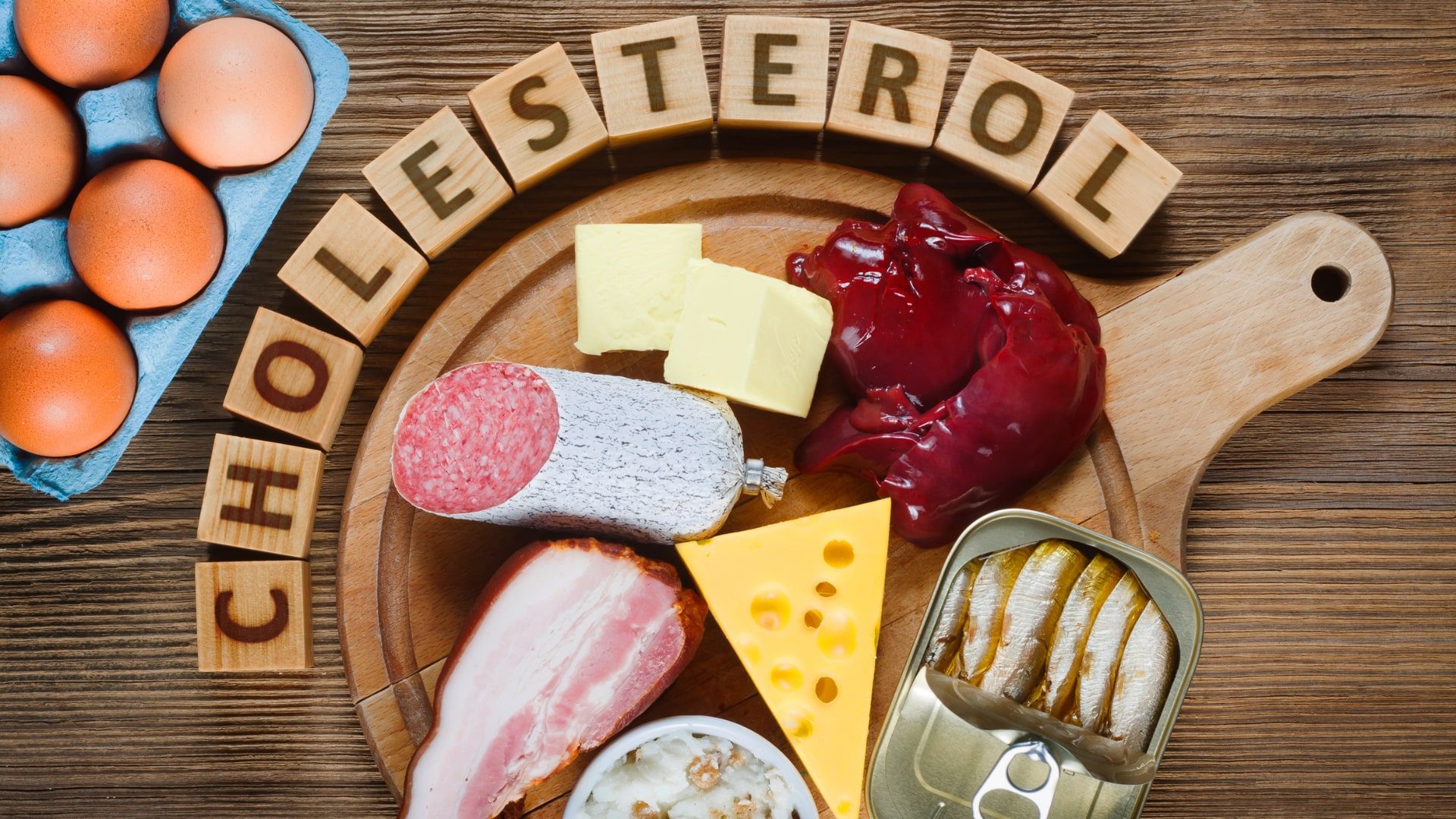
High cholesterol is one of the most common health problems worldwide and a major risk factor for heart disease, stroke, and other cardiovascular conditions. While cholesterol is essential for several body functions, having too much of the wrong kind can damage your arteries and lead to serious complications.
In this guide, you’ll learn what cholesterol is, why it matters, and how to lower it naturally and safely through diet, lifestyle, and medical care.
Table of Contents
What is Cholesterol?
Cholesterol is a waxy, fat-like substance found in every cell of the body. It’s essential for producing hormones, vitamin D, and substances that help digest food.
There are two main types of cholesterol:
-
LDL (Low-Density Lipoprotein) — Often called “bad cholesterol.” High levels can lead to plaque buildup in arteries.
-
HDL (High-Density Lipoprotein) — Known as “good cholesterol.” It helps remove LDL from your bloodstream.
A healthy balance between LDL and HDL is vital for maintaining cardiovascular health.
Causes of High Cholesterol
High cholesterol can result from a combination of genetic, dietary, and lifestyle factors. Common causes include:
-
Consuming too many saturated and trans fats
-
Lack of physical activity
-
Obesity or being overweight
-
Smoking
-
Excessive alcohol consumption
-
Certain medical conditions such as diabetes or hypothyroidism
-
Family history of high cholesterol
Symptoms of High Cholesterol
High cholesterol itself does not cause obvious symptoms. It can silently build up in your arteries for years until it leads to heart disease, heart attack, or stroke.
That’s why regular blood tests are crucial. Your doctor can measure total cholesterol, LDL, HDL, and triglyceride levels through a lipid profile test.
Healthy Cholesterol Levels
According to the American Heart Association (AHA), ideal cholesterol levels for adults are:
| Type | Optimal Level (mg/dL) |
|---|---|
| Total Cholesterol | Below 200 |
| LDL Cholesterol | Below 100 |
| HDL Cholesterol | 40 or higher (men), 50 or higher (women) |
| Triglycerides | Below 150 |
How to Lower Cholesterol Naturally
Lowering cholesterol doesn’t always require medication — in many cases, simple lifestyle changes can make a big difference.
1. Eat Heart-Healthy Foods
Your diet plays a major role in controlling cholesterol. Include:
-
High-fiber foods: Oats, barley, beans, lentils, fruits, and vegetables help lower LDL.
-
Healthy fats: Olive oil, nuts, seeds, and avocados increase HDL and reduce LDL.
-
Omega-3 fatty acids: Found in fish like salmon, tuna, and mackerel.
-
Plant sterols and stanols: Found in fortified foods, they block cholesterol absorption.
Avoid:
-
Saturated fats (butter, cheese, red meat)
-
Trans fats (processed snacks, fried foods, margarine)
2. Exercise Regularly
Physical activity raises HDL (good cholesterol) and lowers LDL (bad cholesterol). Aim for:
-
150 minutes of moderate-intensity exercise per week (like brisk walking or cycling), or
-
75 minutes of vigorous activity (like running or swimming).
Even short daily workouts or walks after meals can improve cholesterol levels over time.
3. Maintain a Healthy Weight
Being overweight increases LDL and decreases HDL.
Losing even 5–10% of body weight can significantly improve your lipid profile and reduce your risk of heart disease.
4. Quit Smoking
Smoking lowers HDL and damages the lining of your arteries. Quitting smoking can improve your heart health almost immediately.
Within weeks, your HDL begins to rise and your blood circulation improves.
5. Limit Alcohol Intake
While moderate alcohol consumption may slightly raise HDL, drinking too much increases triglycerides and blood pressure.
Stick to moderate limits:
-
Men: Up to 2 drinks per day
-
Women: Up to 1 drink per day
6. Manage Stress
Chronic stress can indirectly raise cholesterol by encouraging unhealthy eating and hormonal changes.
Try:
-
Deep breathing exercises
-
Meditation or yoga
-
Regular physical activity
-
Adequate sleep (7–8 hours per night)
7. Consider Natural Supplements
Some natural supplements have shown potential in lowering cholesterol levels, such as:
-
Psyllium husk (fiber supplement)
-
Garlic extract
-
Green tea extract
-
Niacin (vitamin B3)
Always consult a healthcare professional before starting supplements.
Medical Treatments for High Cholesterol
If lifestyle changes aren’t enough, doctors may prescribe cholesterol-lowering medications, such as:
-
Statins (atorvastatin, simvastatin) — Reduce LDL production in the liver.
-
Ezetimibe — Decreases cholesterol absorption in the intestines.
-
PCSK9 inhibitors — Used in severe cases for genetic high cholesterol.
-
Fibrates or niacin — Help lower triglycerides and raise HDL.
Medication should always be used under medical supervision.
When to See a Doctor
Consult a healthcare provider if:
-
You have a family history of heart disease or high cholesterol.
-
Your cholesterol test shows high LDL or triglycerides.
-
You experience chest pain, breathlessness, or fatigue.
-
You’re over 40 and haven’t had a cholesterol test recently.
Regular checkups can detect problems early and prevent complications.
Lowering cholesterol is not just about medication — it’s about long-term lifestyle choices that protect your heart and overall health.
By eating healthy foods, exercising regularly, maintaining a healthy weight, and managing stress, you can naturally balance your cholesterol levels and reduce your risk of heart disease.
Take charge of your health today — small changes can lead to big improvements over time.


